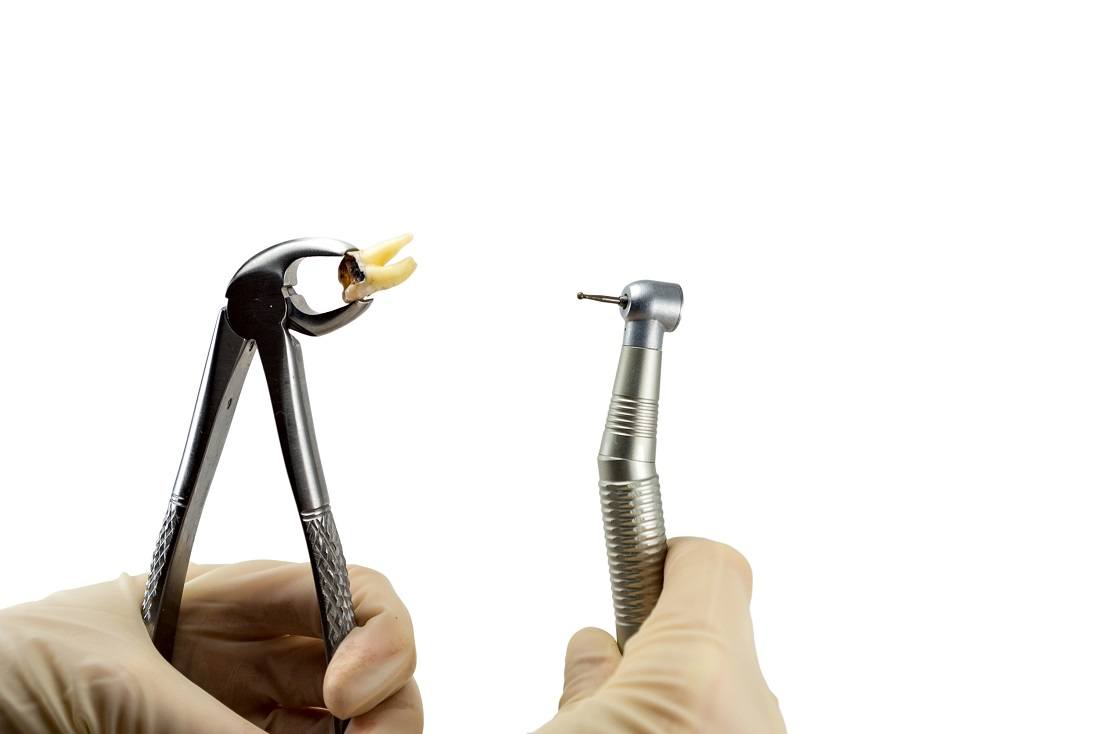
As humans, we are typically equipped with a third set of molars. Dentists frequently refer to these bonus molars as wisdom teeth. While earlier iterations of humans relied on these molars to help them grind their food enough for proper digestion, today’s world of easy-to-process foods makes wisdom teeth largely vestigial.
This means that wisdom teeth may cause more problems than good if left in the mouth past adolescence. Subsequently, wisdom teeth extractions are one of the most popular oral surgeries performed in the US today, with experts estimating roughly 10 million third molars extracted every year.
Typically, wisdom teeth make their appearance around late adolescence or early adulthood. However, a pertinent question arises: Can a patient be too old or too young to have their wisdom teeth extracted?
In this blog post, we delve into the impact of age on the extraction procedure and healing process. Additionally, we provide insights on how patients can ensure a successful wisdom teeth extraction at any age.
The Impact of Age on Wisdom Teeth Extraction
Age plays an important role in surgical procedures and wound healing. Indeed, risks exist for patients of all ages. Let’s explore the implications of age on wisdom tooth extractions now.
Am I too young to have my wisdom teeth extracted?
Generally, dentists do not want to extract wisdom teeth until they have fully developed and erupted. Typically, this occurs around the ages of 17 to 25.
However, some individuals may experience complications (such as impaction, crowding, or infection), which may necessitate early extraction. In such cases, age is not a significant concern as long as the patient’s overall health and bone development are considered.
If typical developmental progress is a concern, then parents can seek the expertise of pediatric dentists or oral surgeons. These specialists can perform the extraction with the utmost care, using specialized techniques tailored for younger patients.
Am I too old to have my wisdom teeth extracted?
Advancing age can introduce certain challenges to wisdom teeth extraction. For example, older individuals (between the ages of 25 and 30) usually have denser bone tissue, which can make the procedure more complex.
Moreover, older patients may have underlying health conditions that need to be carefully assessed prior to extraction, such as:
- Diabetes
- Hypertension
- Cardiovascular disease
However, there have been tremendous strides in dental technology, surgical techniques, and sedation dentistry. This means that age alone should not disqualify an individual from having their wisdom teeth removed.
Ultimately, a comprehensive evaluation by a dentist or oral surgeon can determine the feasibility and safety of the procedure for older patients.
The Healing Process and Age
The way our bodies heal changes as we age. Here are some considerations for patients of all ages:
Younger Patients
The healing process tends to be faster in younger patients due to their cells’ robust ability to repair and regenerate themselves. This means that, in most cases, younger individuals experience less postoperative discomfort and shorter recovery times.
However, proper postoperative care is crucial to ensure a smooth recovery, regardless of age. We recommend that younger patients:
- Following the dentist’s instructions for pain management
- Maintaining gentle yet thorough oral hygiene
- Consuming a softer diet
Older Patients
While older patients may take longer to heal compared to their younger counterparts, it is essential to note that age alone does not necessarily impede the healing process. Many factors can influence the recovery time, such as:
- Overall health
- Underlying medical conditions
- Certain medications
Dentists may recommend specific precautions to older patients, including:
- Closely monitoring the extraction site for infection
- Prescribing appropriate pain management techniques
- Adjusting the diet as needed
Ensuring a Successful Wisdom Teeth Extraction at Any Age
To ensure a safe and comfortable procedure at any age, there are a few factors to consider, such as:
Choosing an Experienced Dental Professional
The expertise of the dental professional performing the extraction is key to a successful procedure. Whether it’s a dentist or an oral surgeon, ensure they have ample experience in performing wisdom teeth extractions, especially for patients of different age groups.
Scheduling a Pre-Extraction Evaluation
Prior to the procedure, a comprehensive evaluation of the patient’s dental and medical history should be conducted. This should include:
- Assessing the patient’s overall health
- Taking X-rays to determine the position of the wisdom teeth
- Identifying any potential risks or complications
Discussing Anesthesia and Sedation
Anesthesia and sedatives ensure the patient’s comfort and safety during the procedure. Depending on the patient’s age and medical condition, the dentist or oral surgeon may need to customize their anesthesia and sedation options.
Addressing Postoperative Care
Following the extraction, proper postoperative care is a must. Patients should adhere to the dentist’s instructions, including:
- Taking all prescribed medications
- Maintaining gentle oral hygiene
- Avoiding strenuous activities
- Attending follow-up appointments
Wisdom Teeth Extractions for a Healthier Smile
Age alone should not disqualify a patient from undergoing wisdom teeth extraction. While both younger and older patients may encounter unique challenges, a skilled dental professional can help mitigate age-related risks. Schedule a comprehensive evaluation with our team today to see if wisdom teeth removal is right for you!

